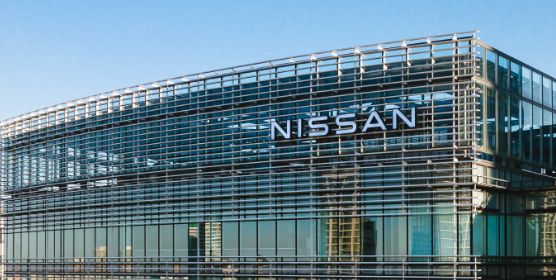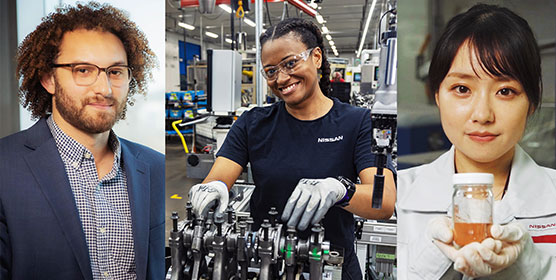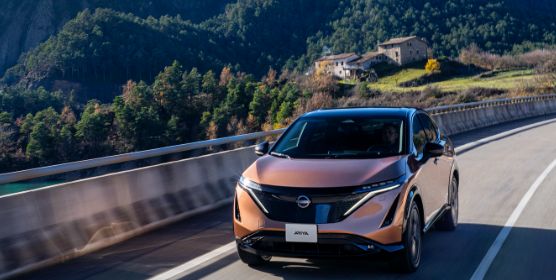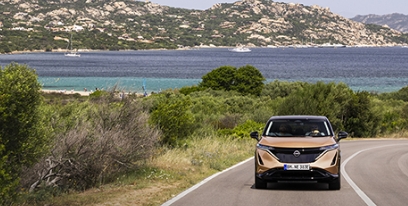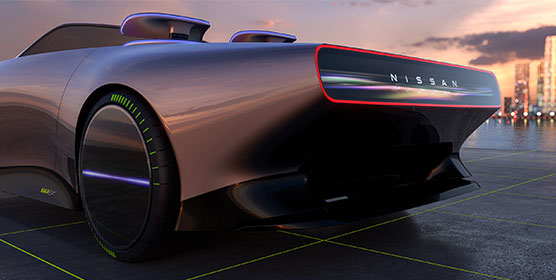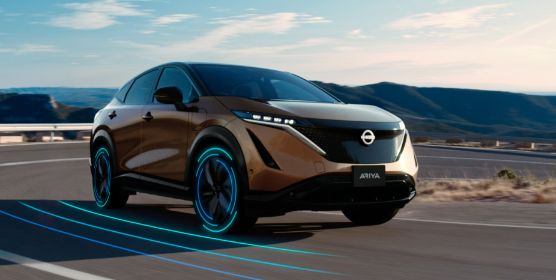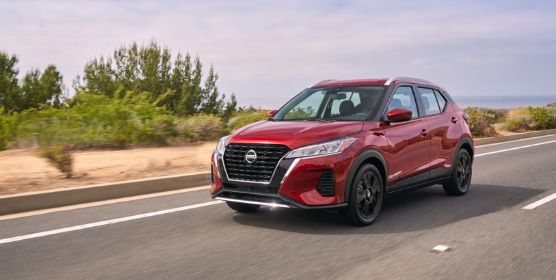CSO Message

Sustainability is positioned as a core component of Nissan’s foundation and culture. It is vital for Nissan to contribute to the creation of a cleaner, safer, more inclusive world. Everything we have done is with respect for the environment, people, society and future generations under the sustainability strategy “Nissan Sustainability 2022”.
As we formulate sustainability strategies, we discussed societal and environmental issues and have identified 21 material areas among our ESG factors where Nissan must address. Demonstrating our commitment to prioritizing ESG at a strategic level, these areas are closely tracked by executive members and Board of Directors.
Addressing climate change is a key priority. At Nissan, we aim to become carbon neutral across all operations and product lifecycles by 2050. Our midterm environmental action plan, the Nissan Green Program 2022 (NGP2022) which will be renewed this year outlined goals to reduce emissions in addition to air quality, resource dependency, and water scarcity, which remain key focus areas for Nissan. In fiscal year 2022, we have reduced 41.2% of CO2 emissions from new cars (vs fiscal year 2000), and 27.7% of CO2 emission from corporate activities (vs fiscal year 2005).
By 2030, we plan to introduce 27 new electrified models ― including 19 new electric vehicles (EVs) ― as part of Nissan Ambition 2030, our long-term vision to realize a cleaner, safer and more inclusive world.
We are also putting efforts to establish a sustainable EV ecosystem, which will directly address the changes in customer lifestyle and the supply and demand to the power grid that will come with the projected sharp increase in the adoption of electric vehicles.
To accelerate these efforts, we launched the strategic sustainable finance framework in 2022. This new framework will enable material fundraising efforts for accelerating Nissan’s innovations in next-generation electrified vehicles, batteries, environmental technologies, and new mobility services.
We are proud to have received an A list from the global environmental NGO CDP for water security in 2022 for the fourth consecutive year and leadership (A / A-) for climate change for ten successive years. Participating in the Race to Zero campaign supported by the United Nations helps keep us accountable on our quantitative goals.
Nissan conducts its business activities with a constant awareness of society’s needs. We have set six key areas in social dimension - traffic safety, DEI (diversity, equity and inclusion), quality, supply chain, employees and community engagement.
Through materiality assessment, we have designated human rights, fundamental principle to everything we do, as a material factor that must be addressed judiciously. Accordingly, we conduct human rights assessments as part of a due diligence process to ensure practices operated by Nissan as well as our partners globally.
As we continue to evolve, there remains much to address in terms of conducting business through a holistically sustainable lens. We are getting ready to announce the new sustainability strategy including our next Nissan Green Program, which will play a critical role in our business going forward, later in this fiscal year.
As a purpose-led business, providing products, services, and technologies that bring value to customers responsibly and building a more just, equitable company for our people are what drives Nissan toward a more sustainable future.

Joji Tagawa
Senior Vice President & CSO
Nissan Motor Co., Ltd.



